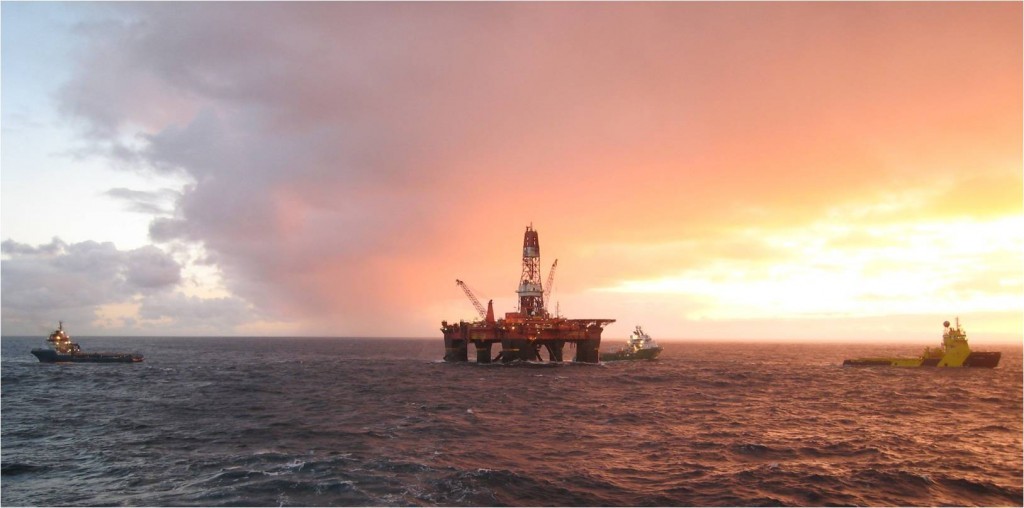
Industry body Oil and Gas UK (OGUK) has published a blueprint for cutting development costs for so-called small pools in the North Sea by up to 25%.
Launching its new Subsea Standardisation guidelines for “a simplified and fit-for-purpose approach”, OGUK said they could help to exploit some of the 3billion-plus barrels of oil currently stranded in about 350 small reserves that are deemed too costly to develop.
The move comes after OGUK upstream policy director Michael Tholen urged delegates at this week’s Subsea Expo event in Aberdeen to be “bold” in their pursuit of small pool reserves.
Yesterday, Stephen Marcos Jones, the trade body’s business excellence director, said: “We’ve become used to gold-plating and over-specifying our work.
“The Subsea Standardisation project demonstrates how adopting a more simplified approach can make subsea development far more affordable.
“This is a shining example of what can be achieved when industry experts are given the licence to innovate, share knowledge, and tackle project delivery with fresh eyes.”
He added: “Collaboration is a word banded about a lot but this is it in action.
“We hope that by taking on board these guidelines, companies will be able to unlock new reserves and in doing so help the UK continental shelf reach its full potential.”
The new guidelines are the result of research by the Efficiency Task Force’s subsea technology workgroup, a multi-disciplinary team of 31 companies – led by Steve Duthie of TechnipFMC – tasked with simplifying subsea operations.
Applying their work theoretically to a number of existing and proposed North Sea developments showed potential cost savings of up to 25%
OGUK now wants to maximise the impact of its guidelines and aims to meet “companies who are interested in exploring how they can be meaningfully implemented into both current and future projects”.